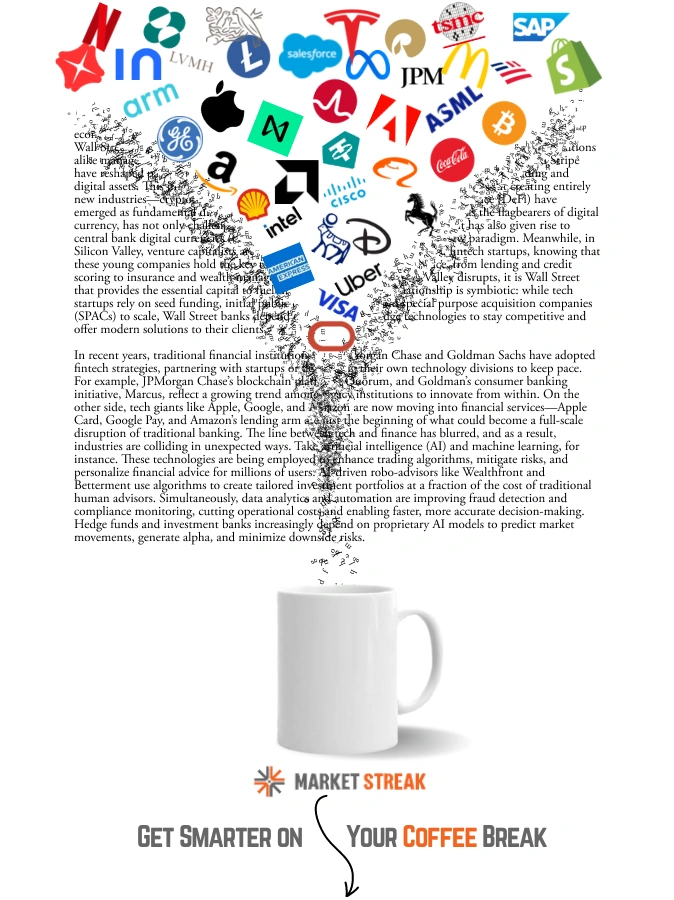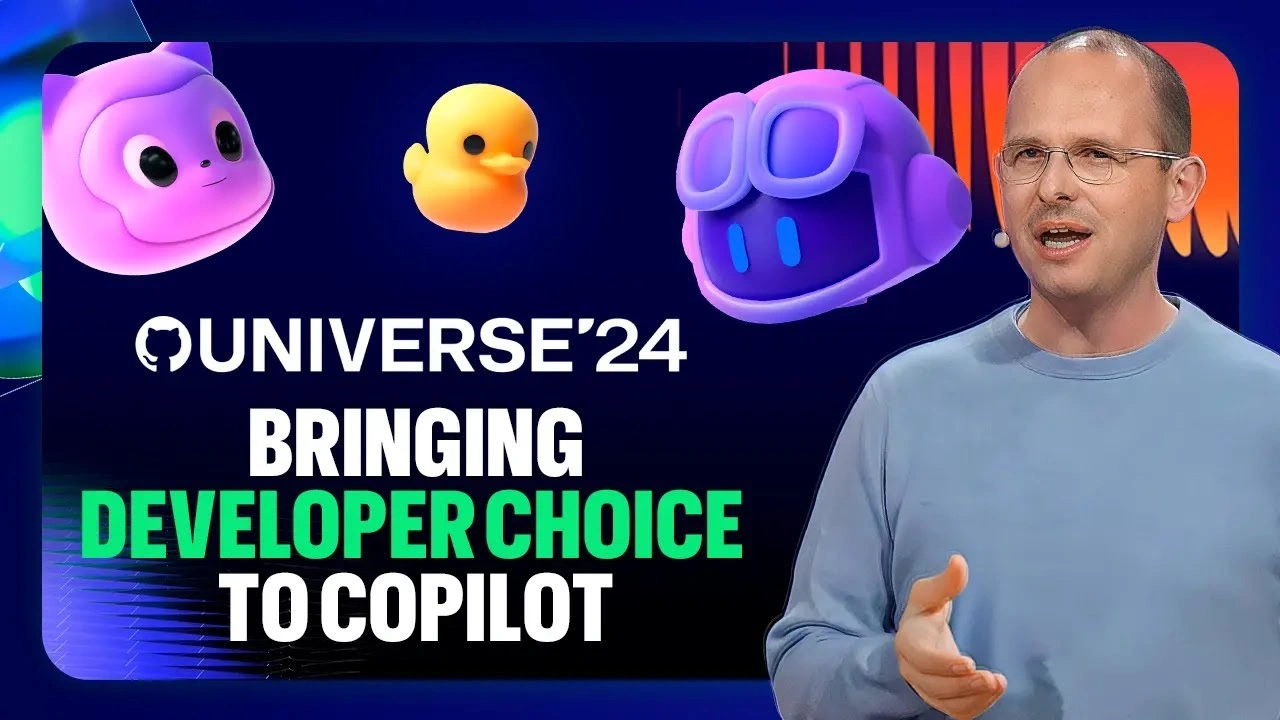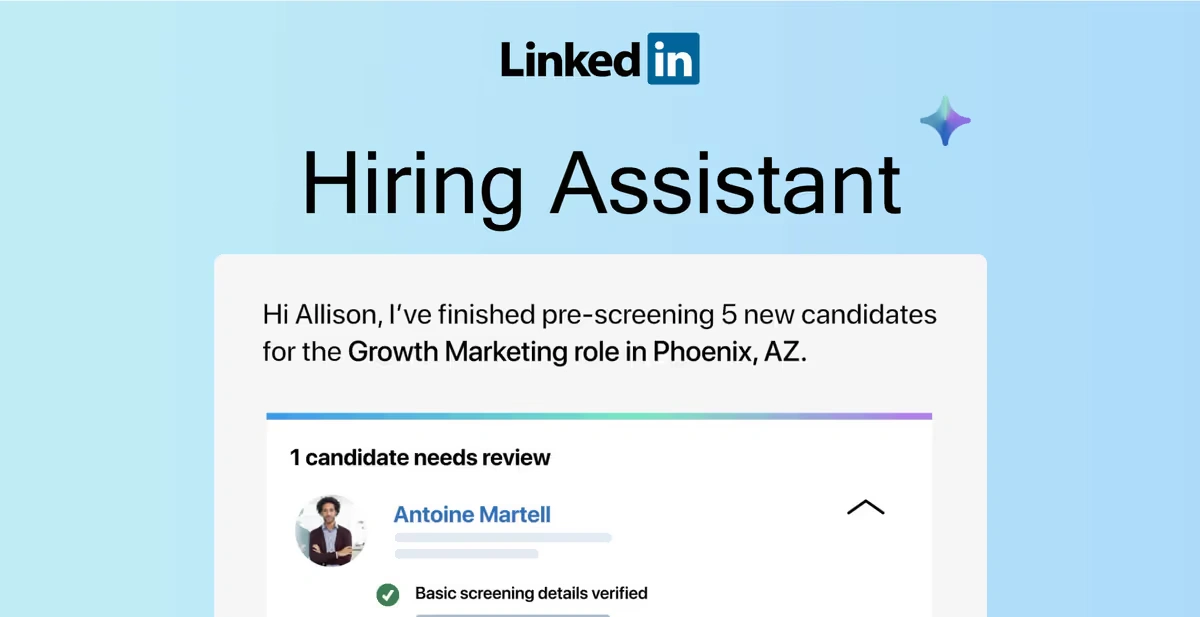Artificial Intelligence
Machine Learning
Future of Work
Tech Trends

Artificial Intelligence
Machine Learning
Future of Work
Tech Trends
A recent research paper ignited a debate about the speed at which generative AI is being adopted. The study, "The Rapid Adoption of Generative AI," published by researchers from the Federal Reserve Bank of St. Louis, Vanderbilt University, and the Harvard Kennedy School, claimed that a staggering 40% of U.S. adults have used generative AI tools at work or home. This rate, the researchers highlighted, surpasses the early adoption of personal computers in the 1980s, where only 20% of people used PCs three years after their introduction. The study surveyed just over 5,000 individuals, claiming this sample size provided a representative view of the U.S. population.
However, this claim of rapid adoption has been met with skepticism. Arvind Narayanan, a Princeton University computer science professor and co-author of the book "AI Snake Oil," criticized the study on social media, calling it a "hype case study." Narayanan pointed out that the 40% figure includes individuals who might have used ChatGPT to write a single limerick. He highlighted the study's own findings, revealing a far less enthusiastic picture: only 0.5% to 3.5% of work hours involved generative AI assistance. A mere 24% of workers used such tools once in the week before the survey, and only one in nine used them daily.
"Compared to what AI boosters were predicting after ChatGPT's release," Narayanan wrote, "this is a glacial pace of adoption." He contrasted this with the early days of personal computers, noting that users who invested substantial sums in early PCs were not simply using them once a month for trivial tasks.
Anecdotal evidence seems to support a more cautious perspective. Many individuals report limited or no personal experience with generative AI beyond the most basic interactions with tools like ChatGPT. While some "super users," as described by another publication, leverage tools like ChatGPT, Google's Gemini, or Anthropic's Claude regularly for complex tasks such as skill development, report generation, data analysis, and research, the vast majority remain largely untouched by the technology's potential.
Yet, the seemingly slow adoption masks a far more pervasive reality. Generative AI is becoming increasingly integrated into everyday life, making it nearly impossible to avoid entirely. Google search results now frequently incorporate AI-generated overviews. Many productivity suites, such as Google Docs, actively prompt users to utilize AI assistants. Apple recently introduced its own AI assistant for iPhones, and Microsoft's Copilot is now integrated into various applications, from Word to Excel. Even Meta's platforms—Facebook, Instagram, and WhatsApp—are incorporating AI assistants, subtly pushing users towards engagement. This constant, low-level exposure steadily increases the likelihood that consumers will eventually give these tools a try.
Consider this example: A common question posed to those familiar with the technology is whether they utilize generative AI. While the answer may be "yes," the use cases frequently remain limited to very specific tasks. For instance, crafting compelling headlines for articles often proves challenging. In such cases, generative AI can offer valuable assistance by suggesting alternative options, prompting further refinement and improvements.
The author of this article used ChatGPT to evaluate a draft headline, gaining valuable feedback on aspects like contrast, intrigue, and relatability. The AI assistant provided several suggestions, leading to multiple iterations and improvements before settling on the final version.
Despite the uncertain future of widespread generative AI adoption, its pervasive presence is undeniable. The technology is seamlessly integrated into our daily digital lives, whether we actively engage with it or not. While some applications have been criticized for their imperfections and shortcomings—one publication referred to some new features as "half-baked"—the sheer volume and pervasiveness of generative AI tools will likely lead to increased experimentation and eventual widespread adoption. Some tools will undoubtedly fail, but the overall trend indicates a growing integration into daily life. Companies are betting that with repeated exposure and improved features, users will continue to embrace and utilize these technologies more broadly.
Several recent developments highlight the rapid pace of innovation and investment in the AI sector:
xAI's Funding Round: Elon Musk's xAI is reportedly seeking additional funding at a staggering $40 billion valuation. This represents a significant increase from its previous valuation of $24 billion just a few months prior, when it secured $6 billion in funding. The company aims to raise several billion dollars in this new funding round, though negotiations are still in their early stages.
GitHub Copilot Expands Model Options: Microsoft's GitHub Copilot, a popular AI-powered code generation tool, is expanding its capabilities beyond reliance on OpenAI's models. Developers will now have the option to utilize models from Anthropic and Google, reflecting a growing trend towards diverse AI solutions and increased competition in the market. GitHub's CEO stated that there is no single "best" model for all scenarios, emphasizing the need for flexibility and user choice.
The Rise of "AI Slop" on Medium: The term "slop" is increasingly used to describe low-quality, AI-generated content. This includes clickbait articles, keyword-stuffed blog posts, and poorly rendered images. An analysis suggests that a significant portion—as high as 47%—of posts on the blogging platform Medium may be AI-generated, far surpassing other platforms.
Apple Intelligence: Mixed Reception: Apple's new AI assistant, Apple Intelligence, received mixed reviews upon its release. Many publications described the initial features as "underwhelming," although Apple hinted at upcoming features such as Siri integration for in-app actions. Currently available features include AI summarization, email refinement, and call transcription.
U.S. Curbs AI Investments in China: The U.S. government finalized new rules to restrict American investment in China's AI and other technology sectors deemed potential national security threats. These regulations, following an executive order signed in August 2023, target three critical areas: semiconductors and microelectronics, quantum information technologies, and specific AI systems.
Several other noteworthy developments and insights related to AI deserve attention:
A startup focused on "AI coworkers" recently secured an $8.7 million seed round. This signifies growing investor interest in the potential for AI to augment and improve workplace collaboration.
Citigroup is migrating vital infrastructure to Google Cloud as part of a broader AI initiative. This highlights the growing role of cloud computing in supporting the development and deployment of AI solutions.
The CEO of Salesforce criticized Microsoft for allegedly harming the AI industry. This suggests ongoing tensions and competition among major players in the AI space.
Nvidia's CEO maintains that AI, while powerful, cannot replace him. This offers a somewhat reassuring perspective on the limits of current AI capabilities and the continued importance of human expertise.
Another AI safety expert departed from OpenAI, further raising concerns about the field's challenges and ethical implications. This underscores the growing importance of ethical considerations in the rapid development of AI technologies.
The future of AI remains uncertain, with both rapid advancement and significant challenges on the horizon. While the pace of adoption may be slower than some initial predictions, the growing presence of generative AI tools in everyday life suggests a transformative future. Whether this future is a utopian vision of enhanced productivity and efficiency or a dystopian landscape of misinformation and job displacement, the answer remains elusive. What is clear, however, is that the AI revolution is undeniably underway, and the world is adapting, one algorithm at a time. The coming years will determine whether this adaptation is rapid and efficient or slow and bumpy.
Several upcoming conferences and events will focus on the latest AI advancements and industry trends:
These events will provide valuable platforms for discussing the progress, challenges, and future direction of artificial intelligence. The ongoing dialogue and collaboration within the AI community will be crucial for shaping a future where AI benefits all of society.
SHARE



news
30th October 2024


news
30th October 2024

news
30th October 2024

news
30th October 2024


news
30th October 2024

news
30th October 2024

news
30th October 2024